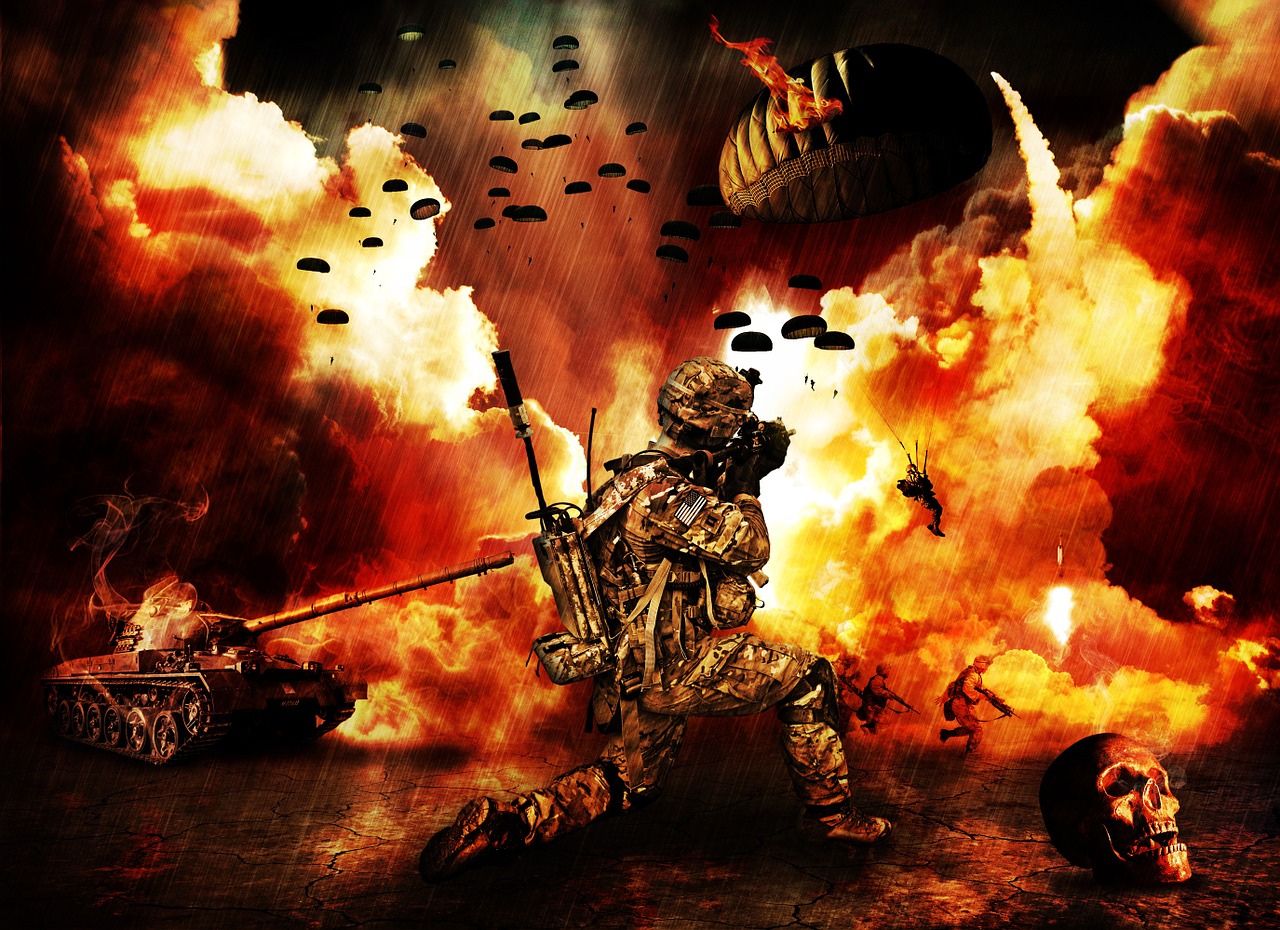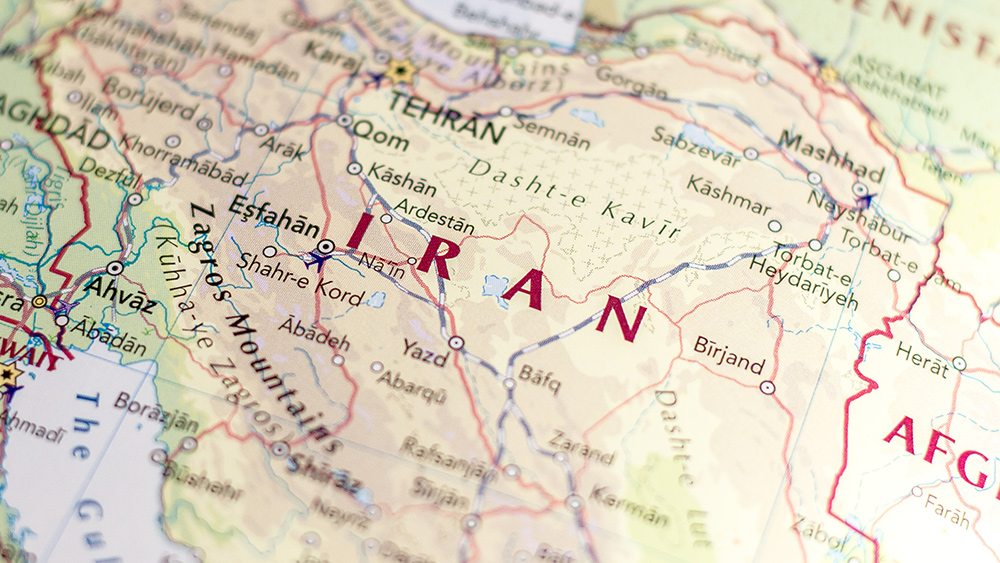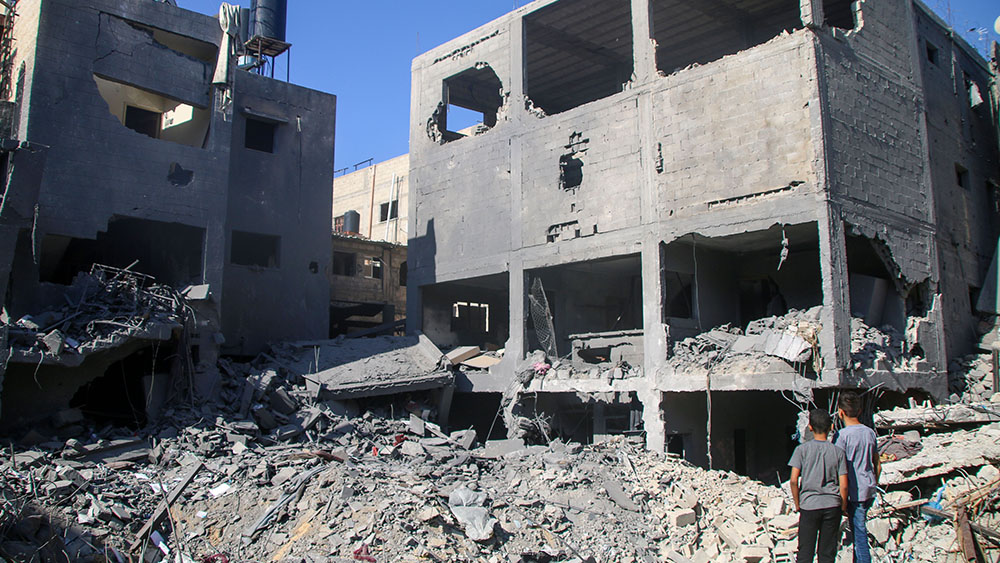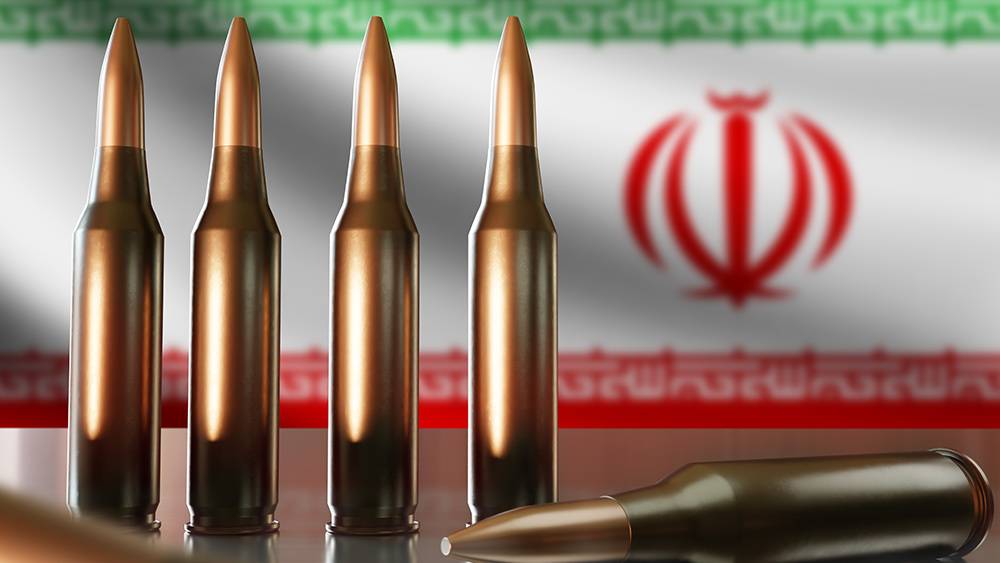 Parler
Parler Gab
Gab
- Col. Oleg Nomerovsky, a senior Ukrainian military recruitment official, was killed in a car explosion in Odessa on June 6. Investigators suspect a remote-triggered assassination, though no group has claimed responsibility.
- The attack highlights growing domestic tensions over Ukraine's aggressive mobilization efforts, including forced detentions (dubbed "busification") and deceptive recruitment practices, which have drawn criticism from human rights groups and figures like Elon Musk.
- Facing dwindling volunteers, Ukraine has introduced financial incentives (e.g., $24,000 for a year of service) and lowered the conscription age to 25 while tightening penalties for evasion. Recruitment officers reportedly face pressure to meet quotas, sometimes resorting to coercive methods.
- Russian President Vladimir Putin contrasted Ukraine's forced conscription with Russia's volunteer-based system, while Ukrainian officials dismiss criticism as "Russian propaganda." Viral videos of forced detentions have sparked outrage.
- The killing raises questions about whether it reflects isolated retaliation or broader resistance to mobilization. As Ukraine struggles to replenish troops, the incident underscores deepening societal divisions over conscription, potentially straining the war effort.
Ukraine's controversial conscription tactics spark outrage
Since 2022, Ukraine has enforced a general mobilization order that bars most men aged 18 to 60 from leaving the country. Earlier this year, the minimum conscription age was lowered from 27 to 25, and penalties for draft evasion were tightened. Ukrainian People's Deputy Yury Kamelchuk revealed that recruitment officers are under pressure to meet daily quotas. The lawmaker with President Volodymyr Zelensky's Servant of the People Party added that recruiters sometimes resort to deceptive tactics, such as luring food couriers with fake delivery requests. Videos circulating online show soldiers dragging unwilling men into vans, sparking outrage both domestically and internationally. (Related: FORCED CONSCRIPTION: Ukrainian troops are KIDNAPPING ethnic Hungarians to be deployed to the front lines.) Russian President Vladimir Putin seized on the controversy, contrasting Ukraine's forced conscription with Russia's volunteer-based enlistment. "They are catching 30,000 people [per month] there now, and we have 50,000 to 60,000 a month enlisting willingly," he said. Meanwhile, Musk reacted to one viral clip of a food courier being forcibly detained by military recruiters. He previously questioned Ukraine's mobilization policy in November, writing at the time: "How many more need to die?" Nomerovsky's killing raises questions about whether the attack was an isolated act of retaliation or part of a broader pattern of resistance against Ukraine's conscription drive. With no claim of responsibility, speculation persists over whether dissidents, Russian operatives or other factions were behind the explosion. As the war grinds on and Ukraine struggles to replenish its forces, the incident highlights the deepening societal fractures over mobilization – a challenge that could further strain Kyiv's war effort. Watch this clip that contrasts Ukraine's draconian military recruitment with Zelensky's claims of the country being "democratic." This video is from the CADKIAH channel on Brighteon.com.More related stories:
Young male Ukrainians hide in their homes after fears of forced conscription. Kiev's last gamble: Ukraine eyes teens and women as cannon fodder in desperate push for manpower. Assassination of top Putin adviser's daughter by suspected Ukrainian operatives puts Europe on hair-trigger for World War III. Sources include: RT.com News.LaoDong.vn Brighteon.comMoscow preparing for WW3 after Israel’s reckless strikes on Iran risk nuclear catastrophe
By Lance D Johnson // Share
Former Iranian minister warns of 100-day oil blockade in critical Strait of Hormuz
By Cassie B. // Share
Israeli tanks massacre 59 starving Palestinians seeking food aid in Gaza, medics report
By Cassie B. // Share
Israel’s war on Iran pushes Muslims to unite, forcing Tehran to acquire nuclear weapons for survival
By Lance D Johnson // Share
Unmasking the “Hockey Stick”: A controversial journey through climate science’s most heated debate
By Belle Carter // Share
Governments continue to obscure COVID-19 vaccine data amid rising concerns over excess deaths
By patricklewis // Share
Tech giant Microsoft backs EXTINCTION with its support of carbon capture programs
By ramontomeydw // Share
Germany to resume arms exports to Israel despite repeated ceasefire violations
By isabelle // Share










